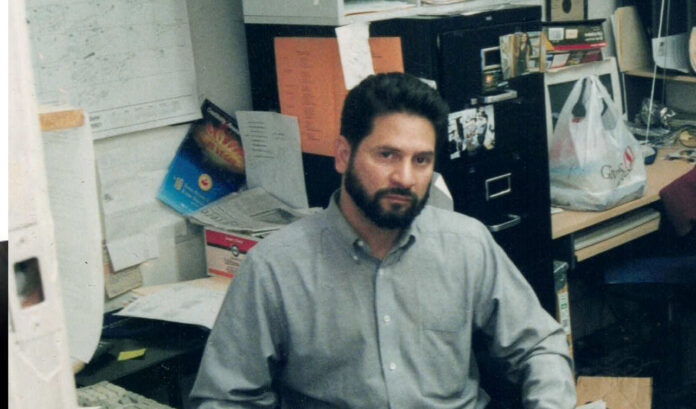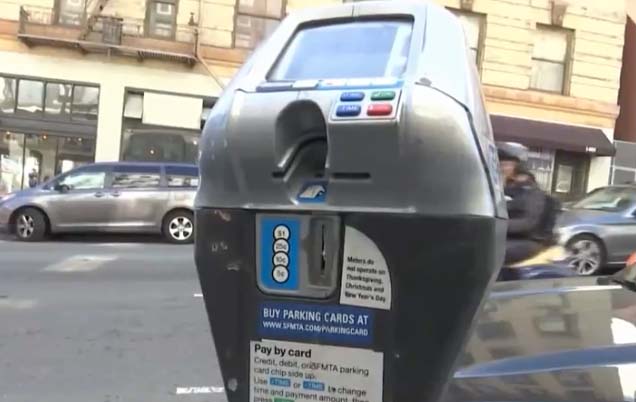photo; Russian prisoners build the White Sea–Baltic Canal (circa 1932), one of the first major projects in the Soviet Union using forced labor of gulag inmates. Thousands died amid the harsh conditions.
While it might seem impossible for lockdowns and mandates to start again, we should know from experience that once the government-media propaganda machine starts anew, most of our fellow countrymen will fall in line
by S.D. Wright
LS
Is it possible – now – to prepare ourselves to survive a global tyranny’s house arrests, prisons, camps, and tortures?
Less than two years ago, we were looking at potential vaccine mandates across the world – and Australia was already trialling camps for those who refused.
Much of this talk disappeared when Russia entered Ukraine, and many have been tempted to think that the COVID narrative is over.
But now, for several weeks, the mainstream media have been trying to restart the COVID narrative, with the same old rumors of the new “Pirola” variant – and the same old “nudges” towards vaccines and boosters. This talk is only getting louder.
While it might seem impossible for lockdowns and mandates to start again, we should know from experience that once the government-media propaganda machine starts anew, most of our fellow countrymen will fall in line.
In other words – we may soon find ourselves looking down the barrel of mandates and camps again.
Regardless of whether the madness progresses further, we must realize now that, unless Almighty God decides to spare us, we are still on a trajectory towards a global totalitarian revolution. We must not expect those imposing it to act reasonably. They will not.
What we can do now is internalize the lessons learned by men such as Aleksandr Solzhenitsyn – lessons which will be beneficial for our lives, even if we live happily ever after in peace.
We need to prepare ourselves now to adhere to the good, the true and the beautiful, above all things, even in the face of suffering, ignominy and death.
We can do nothing without Christ and His grace, but there remains the question – how do we try to dispose ourselves, naturally speaking, to this grace?
Let’s turn to those who lived under tyranny and intense suffering, and thus immunize ourselves, as far as possible, from this darkness.
Surviving arrest and torture
In the first volume of the Gulag Archipelago, the famous Solzhenitsyn spends about 40 pages enumerating the methods of torture used by the Cheka, the Soviet’s secret police, to extract false confessions and denunciations of friends, enemies, family, and colleagues. These confessions and denunciations were often made in some deluded hope that they would benefit the prisoner himself, or his loved ones.
After these grueling accounts, Solzehnitsyn asks:
So what is the answer? How can you stand your ground when you are weak and sensitive to pain, when people you love are still alive, when you are unprepared?
What do you need to make you stronger than the interrogator and the whole trap?[1]
He immediately gives us the answer.
From the moment you go to prison you must put your cozy past firmly behind you. At the threshold, you must say to yourself: ‘My life is over, a little early to be sure, but there’s nothing to be done about it. I shall never return to freedom. I am condemned to die – now or a little later. But later on, in truth, it will be even harder, and so the sooner the better.
I no longer have any property whatsoever. For me, those I love have died; and for them, I have died. From today on, my body is useless and alien to me. Only my spirit and conscience remain precious and important to me.’
Confronted by such a prisoner, the interrogator will tremble.
Only the man who has renounced everything can win that victory.
We must not despair of our salvation, or of the defeat of this wicked revolution against both God and His creatures. But once we have fallen into the gears of this machine, our only hope is to stop hoping.
Wait without hope, for hope would be hope for the wrong thing
“From the moment you go to prison you must put your cozy past firmly behind you.”
“Hope is a virtue.” True, but when applied to every day things – rather than our ultimate end – this statement is so misleading as to be false.
Once inside the Gulag apparatus, according to Solzhenitsyn, we must give up all our little hopes that we will save our own skins and return to the outside world.
We must decide that we will only do what is right, and that we will do nothing that is wrong – and discount all hopes of escape through good behavior.
Our only hope, once we have reached that stage, is to stop hoping and to wait – all the while trying, with God’s grace, to make ourselves into little bits of unbreakable iron.
For a start, it may be helpful to ask ourselves: Why would we want to live in the outside world at all, under the conditions that the revolutionaries may eventually want for us?
It would be better to have internal freedom in a Gulag than to pay the price of internal slavery outside of it. In some ways, that outside world, and the compromises it demanded of the Russian people, was a greater Hell than the Gulag.
It’s true that, as Solzhenitsyn himself points out elsewhere, we should try to avoid entering the Gulag apparatus at all. This monster must be prevented from rising again, and indeed a key way of doing that is by refusing to go quietly.
For us still on the outside, these ideas are a preparation for being detached from the world and for disposing ourselves for grace. They are not a counsel to despair or to passivity. This is only preparatory advice, as we must continue working to the last. As our Lord said:
I must work the works of him that sent me, whilst it is day: the night cometh, when no man can work. (John 9.4)
In many places, the sun is sinking: but it is not yet night. And even those on the inside can still hope for the right things, such as the end of tyranny, and the disruption of the machine in various ways. Perhaps some who enter the hell of the global tyranny will later return to the outside, as Solzhenitsyn did.
We must be determined to do what is right and true, rather than what obtains for us some form of toleration under tyranny.
This is because even being free, and returning to the world, is not an unequivocal good: Solzhenitsyn returned to a marriage in which he and his wife no longer knew each other – and it broke down. However, he also lived for many decades more under the reasonably good conditions we have spent most of our lives. He was also able to write and inspire us today.
In any case, a crucial reason that he managed to return to the world is that, in a certain sense, he stopped hoping that he would.
But how do we stop hoping, without giving into despair? What does it mean in practice? As Solzhenitsyn adds:
But how can one turn one’s body to stone?
In the next part, we’ll see exactly how he answers this – and how to become the bits of iron grit which will break the gears of the machine.













